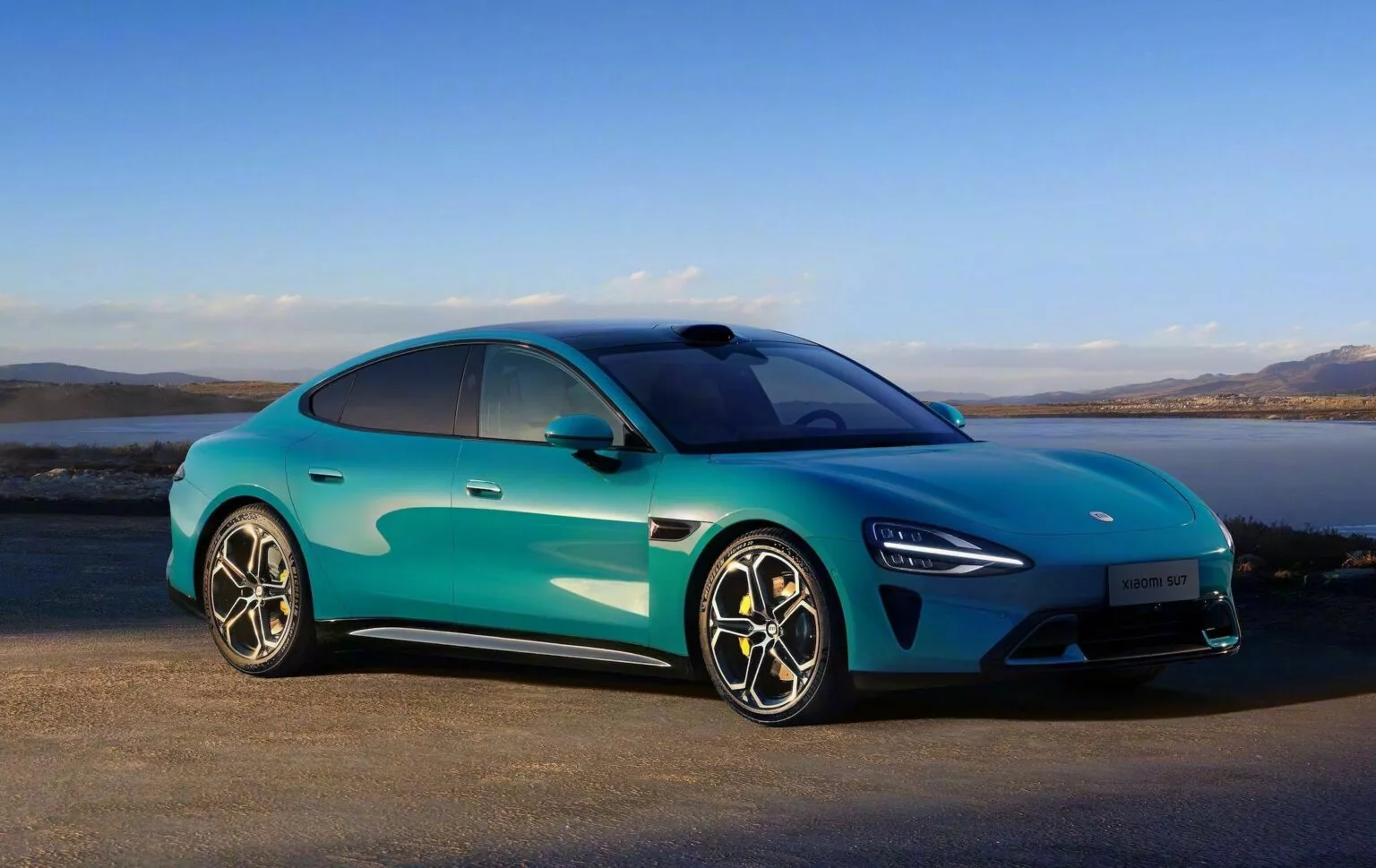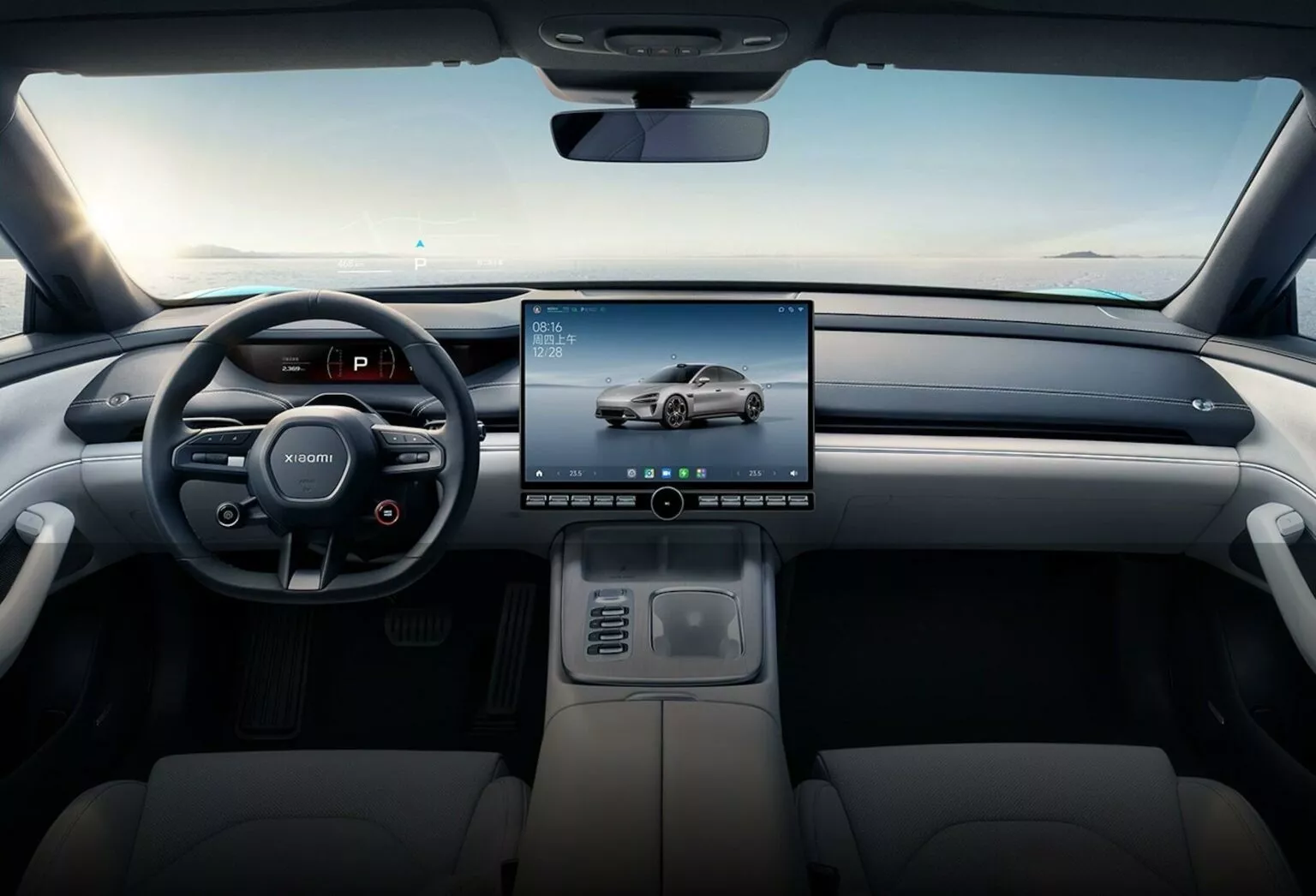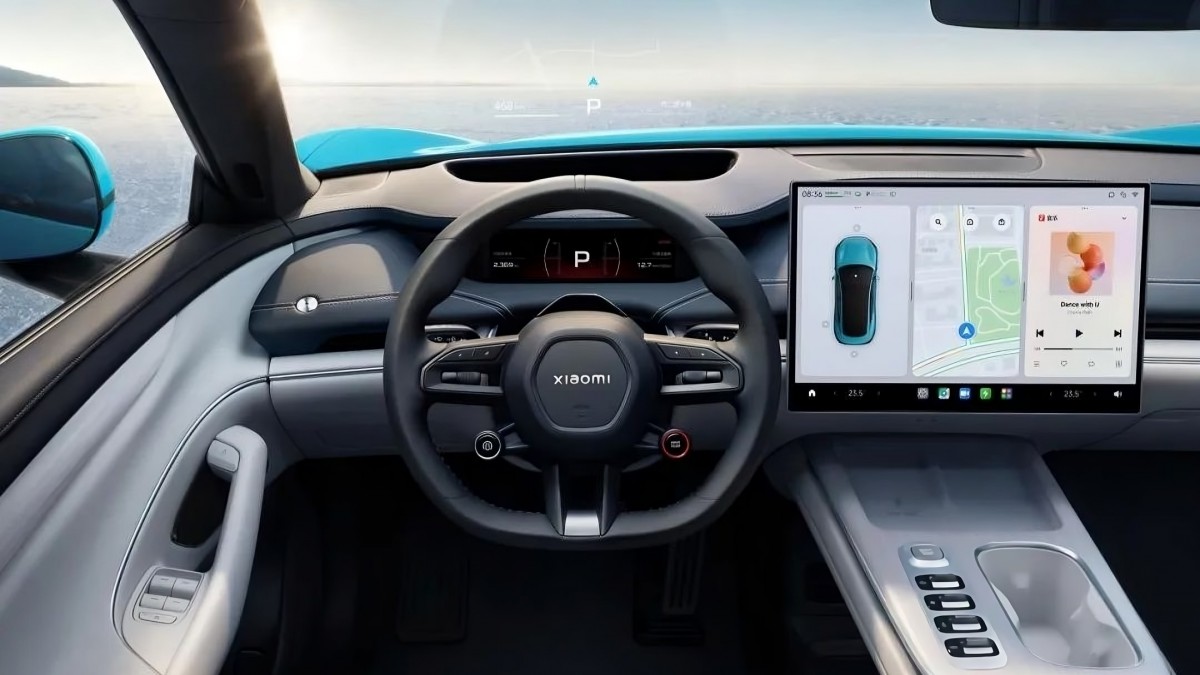Chinese smartphone manufacturer Xiaomi recently revealed its inaugural electric vehicle, the SU7, signaling its entry into the competitive electric vehicle (EV) market. The sedan, bearing the moniker SU7 with “SU” denoting Speed Ultra, boasts advanced “super electric motor” technology, which CEO Lei Jun claims surpasses acceleration speeds of Tesla (TSLA.O) and Porsche EVs.
Despite the backdrop of China’s largest auto market grappling with overcapacity and dwindling demand, Xiaomi remains optimistic about its automotive venture. Lei Jun expressed ambitious aspirations during the unveiling, stating, “By working hard over the next 15 to 20 years, we will become one of the world’s top 5 automakers, striving to lift China’s overall automobile industry.”
See also: Xiaomi Expands Electric Vehicle Portfolio with Hybrid Models, Plans Three New Offerings

Xiaomi’s plans include creating a flagship vehicle comparable to offerings from Porsche and Tesla. Leveraging its established consumer electronics brand, the SU7 integrates seamlessly with Xiaomi’s popular phones and electronic devices, allowing drivers access to the company’s range of mobile apps.
See also: BAIC Unit Applies for Approval to Build Xiaomi-Branded Electric Vehicles in China
The SU7 will be available in two versions, offering driving ranges of up to 668 km (415 miles) and 800 km on a single charge, respectively. In comparison, Tesla’s Model S has a range of up to 650 km. Despite Lei Jun acknowledging that the cost of the SU7 will be “a bit high,” he believes it will be justified.
In a bid to appeal to consumers concerned about winter conditions, the SU7 is equipped with fast-charging capabilities in low temperatures and advanced technology for obstacle recognition under challenging conditions, such as falling snow.

See also: Xiaomi’s Debut Electric Vehicle to Feature Apple CarPlay Support
Xiaomi’s foray into the EV market aligns with its strategy to diversify beyond its core smartphone business, a move initiated in 2021. The company has committed to investing $10 billion in the automotive sector over a decade. Xiaomi has received approval from authorities, a notable achievement in a market marked by reluctance to further contribute to supply gluts. Production of its vehicles will be handled by a unit of state-owned automaker BAIC Group in a Beijing factory with an annual capacity of 200,000 vehicles.
Despite Lei Jun’s ambitious vision, Xiaomi’s stock on the Hong Kong market did not experience a significant boost, closing 0.3% lower. In the crowded Chinese EV market, Xiaomi faces competition, notably from BYD, which commands a one-third market share, and Tesla, holding a 9% share according to third-quarter figures from Zheshang Securities. Other tech companies in China, including Huawei and Baidu, have also entered the EV space through partnerships with established automakers.


